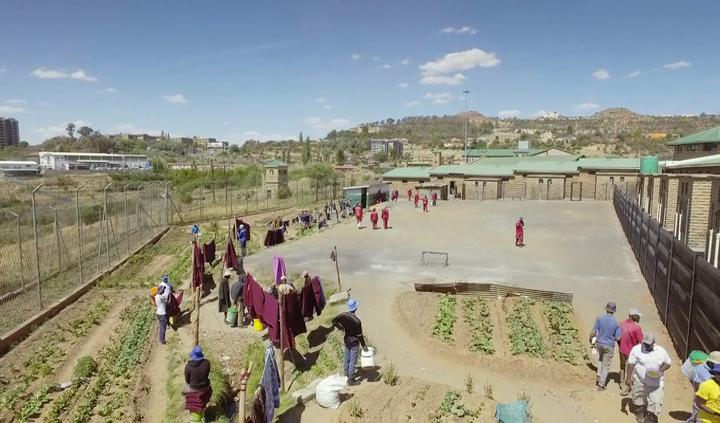Hunt non-tax paying companies, govt urged

SHARE THIS PAGE!
‘Mantšali Phakoana
A parliamentary committee says it is imperative that the ministries of finance and development planning and that of trade and industry, cooperatives and marketing hunt non-tax paying companies and make them comply.
The parliamentary portfolio committee on the economic and development cluster noted that it was worrisome that some companies were not paying tax.
In its report tabled by the committee’s chairperson, Sello Hakane, in the National Assembly on Friday last week, the committee also agrees with finance and development minister Retšelisitsoe Matlanyane that the tax rate is already high and therefore increasing it further would negatively impact investment in the country.
The committee was reacting to the revenue and expenditure estimates for the financial year 2024/2025, presented by Matlanyane before the National Assembly on February, 21, 2024 and later referred to the committee for scrutiny as required by Standing Order No. 67.
The committee further pointed out that the finance ministry should also collect from other government ministries and departments all documents necessary for reconciliation and recovery of arrears to avoid growing backlog affecting state spending.
It also concurred that borrowing should be meant to promote investment rather than for consumption through recurrent expenditure.
The total approved revenue budget for 2023/2024 fiscal year was M25.1 billion (63 percent of Gross Domestic Product-GDP).
The amount was accumulated from tax revenue, non-tax revenue, grants and Southern African Customs Union (SACU) revenue.
However, there was an unexpected revenue decline to M23.5 billion due to a slowdown in nominal GDP, losses in mining, telecommunications and financial sectors not being able to remit the total budgeted Corporate Income Tax.
The decline was also due to the 50 percent downward revision of Alcohol and Tobacco Levy; as well as the non-enactment of tax bills and non-implementation of laws meant to regulate tax administration and enhance collection of tax revenue.
Matlanyane said Lesotho has to navigate the rapidly-evolving global economic dynamics as they present shocks and uncertainty to their environment, an atmosphere that this country has suffered before.
The country also has to adapt to new parameters for government strategies to remain relevant and impactful in the ever-evolving landscape of global economic dynamics.
Hakane indicated that the global economic indicators show a subdued to stable global growth and moderate inflation from the United States, China, Sub-Saharan Africa and the Republic of South African markets which Lesotho has economic ties with.
He said it was evident that this trend would influence a steady growth and moderate inflation for Lesotho’s economy.
The country’s economic performance is aligned with that of South Africa due to its close integration, interdependence and the Loti-Rand peg.
The committee chairperson further outlined that Lesotho’s economic growth is influenced mostly by the diamond mining activities, robust expansion in the construction sector driven by the Lesotho Highlands Water Project II (LHWP II) and growth across different sectors. This brings a projection of the domestic economy to a growth rate of 2 percent in 2024/2025.
Inflationary pressures have abated too, marking a 6.8 percent by the end of 2023/2024, a decline from the 8.3 percent recorded in 2022/2023. The easing of these pressures align with the global and regional headline inflation outlook.
Hakane also urged the government to seek ways to improve the export of semi-processed finished goods in order to maximize returns.
According to his committee, Lesotho has potential to diversify and export more products through the African Growth and Opportunity Act (AGOA) agreement. Presently, the country only exports textile products, but there are several slots of items that can be exported out of Lesotho.


Youth accuse police of sabotaging protest
5 days ago
LCS officers demand standard salaries
5 days ago
Govt ordered to suspend vendors’ eviction
8 days ago

240 inmates released on parole
9 days ago
Matekane calls for stronger trade cooperation
11 days ago


Cash-strapped LEC hikes staff salaries
15 days ago